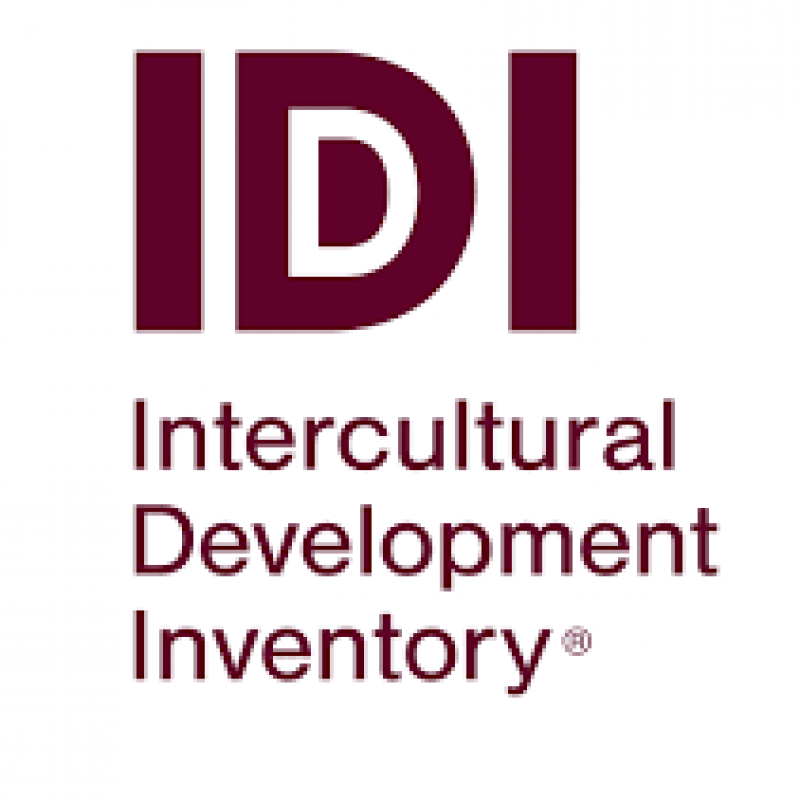Introducing LINC
Welcome to the Language and Intercultural Learning Center
In Fall 2024, the Language Resource Center relaunched as the Language and Intercultural Learning Center, or LINC. The center has adopted a new, complementary focus on intercultural competence and intercultural learning, while maintaining a strong commitment to our language students. The center is part of the Dept. of World Languages and Cultures. What’s new is that we will provide students – as well as faculty and staff – learning opportunities to support individual development of intercultural competence. We invite you to explore intercultural learning with LINC.

Intercultural Learning LINC facilities intercultural learning opportunities and curates resources for students, faculty, and staff.

Online Assessment The IDI is a tool newly available to campus which can serve as a foundational entry point into intercultural learning.
+ Expand each section to view details
As LINC supports the Valpo community through:
- Facilitating impactful opportunities supporting the intercultural development of Valpo students, faculty, and staff (see below),
- Providing engaging resources and spaces for individual reflection about intercultural development,
- Promoting campus conversations and healthy dialogue about intercultural topics, and
- Maintaining our traditional support for language students including tutoring, student-led language groups, and language-focused programming
Specific intercultural learning opportunities include:
- An intercultural inventory called the IDI, an online assessment that measures intercultural competence. Now available to campus through the center, the Intercultural Development Inventory serves as a new vehicle for individual development and as a springboard to advance campus conversations surrounding intercultural practices.
- Short term discussion and learning groups specific to faculty and staff. For example, the center hosted a summer group for faculty and staff who read and discussed the book Caste, the Origins of Our Discontents by Isabel Wilkerson. This fall, LINC launched the Podcast Parlor group which continues this spring. Also coming in 2025 is a group for faculty and staff who have completed the IDI assessment and want to further their intercultural competence within a community of practice.
- Programming with an intercultural focus, such as the Matters of Language Conversation Series, and other ways of engaging students with intercultural topics. New engagement displays are integrated into the LINC’s space, prompting small moments of individual reflection that aim lead to informal conversation and healthy dialogue.
- Campus collaborations on special programs such as the screening of the film Origin and the Brave Talk event co-facilitated by LINC and OMP.
LINC does not replace or replicate the excellent offerings that various campus units already provide. Rather, the center partners and collaborates with other offices and academic units to promote conversation and encourage reflective practices surrounding intercultural competence. Explore our plans for this year, including new campus connections. Click the yellow bullet above to read more.
Intercultural competence is a person’s capacity to effectively and appropriately experience cultures and interact with people across difference. Intercultural engagement involves navigating across differences with greater levels of complexity, and can be developed over time and with focused effort.
Intercultural learning refers to the actions an individual explicitly takes in order to build their own intercultural competence. This includes developing one’s ability to adjust perspective and adapt speech and behavior when interacting with other people across differences, while remaining authentic to one’s own values and beliefs.
Intercultural learning is purposeful, developmental, and challenging. This learning process is unique to each individual who intentionally commits to furthering their intercultural competence. Developing intercultural competence requires time, commitment, practice, and engagement with others who are different from you in multiple ways. Over time, you can increase your capacity to navigate interactions and experience cultures and individuals with greater levels of complexity.
At LINC, intercultural competence has a specific definition that is relevant in a variety of settings – both global and local, personal and professional – and may relate to multiple aspects of one’s life. Intercultural competence is a person’s ability to effectively and appropriately experience cultures and interact with people across cultural difference, reflecting a person’s capacity to:
- shift perspective and behavior . . .
- based on commonalities and differences . . .
- by experiencing cultures and individuals . . .
- with greater levels of complexity.
Click the yellow bullet above to read more.
